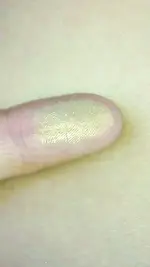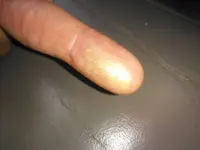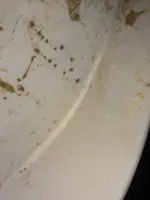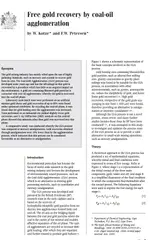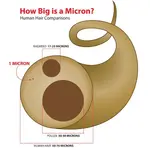reptwar1
Sr. Member
- Joined
- Jan 24, 2013
- Messages
- 443
- Reaction score
- 289
- Golden Thread
- 0
- Location
- Russelville Arkansas
- Primary Interest:
- All Treasure Hunting
I live by the Arkansas river and dug out a crack in sidewalk, that is submerged when river floods. Literally took 3 minutes to collect this gold dust. It stuck to my dust pan, and I am wondering about ways to collect it. There are literally hundreds of more cracks for me to dig out. Thanks in advance 

Attachments
Upvote
0



